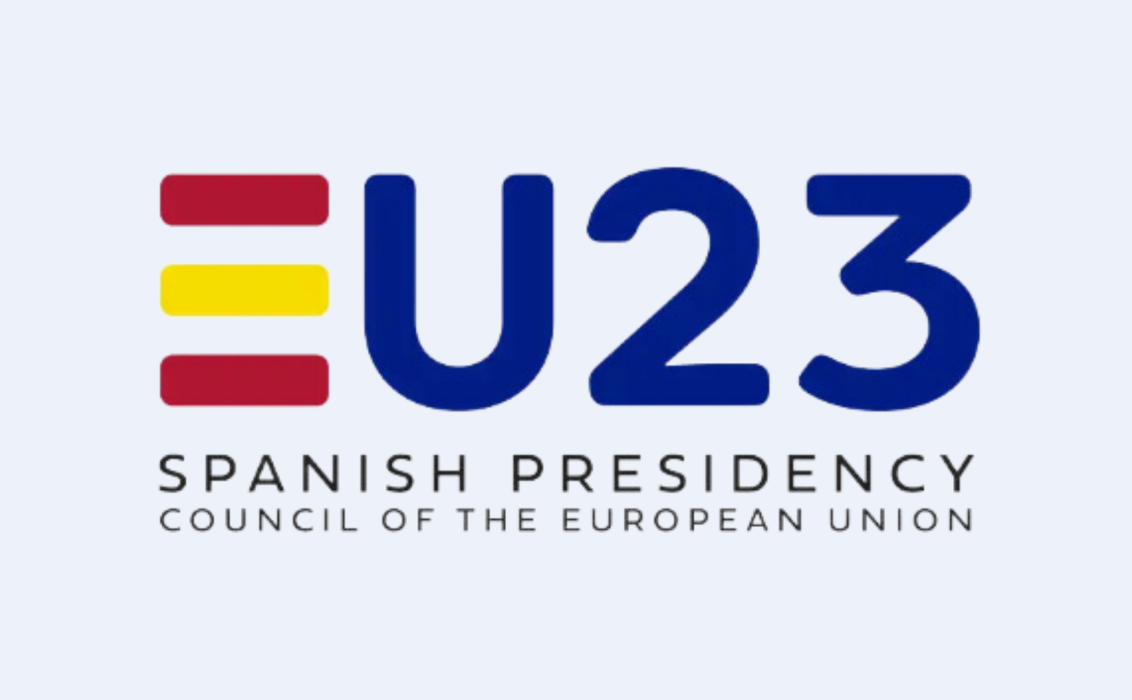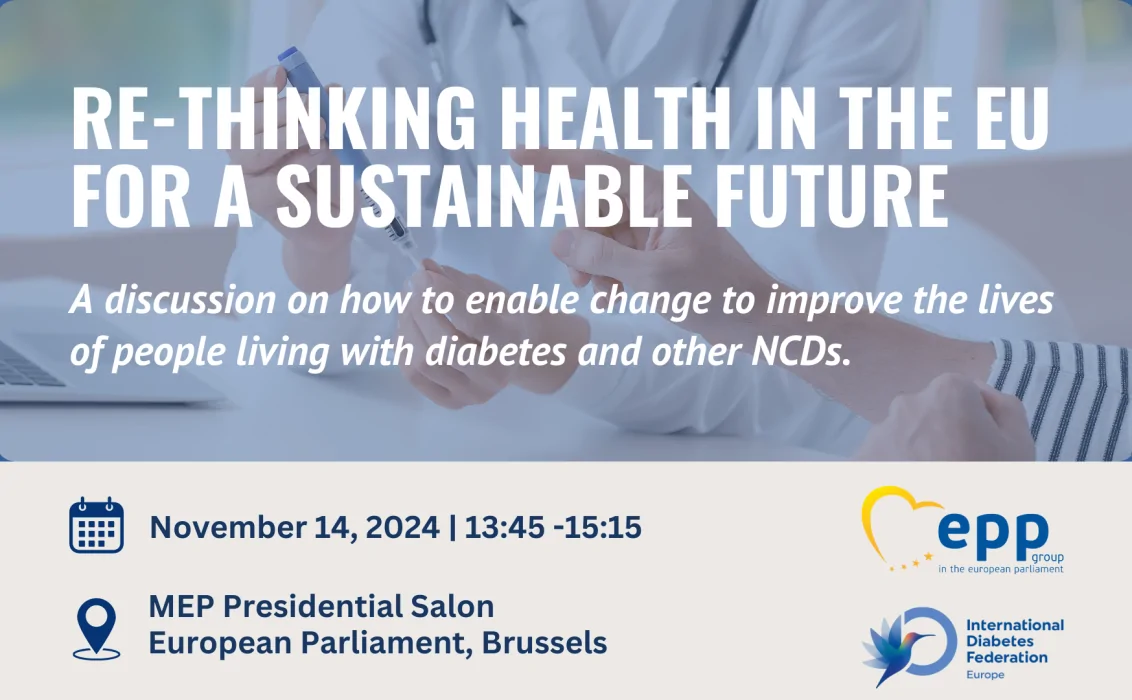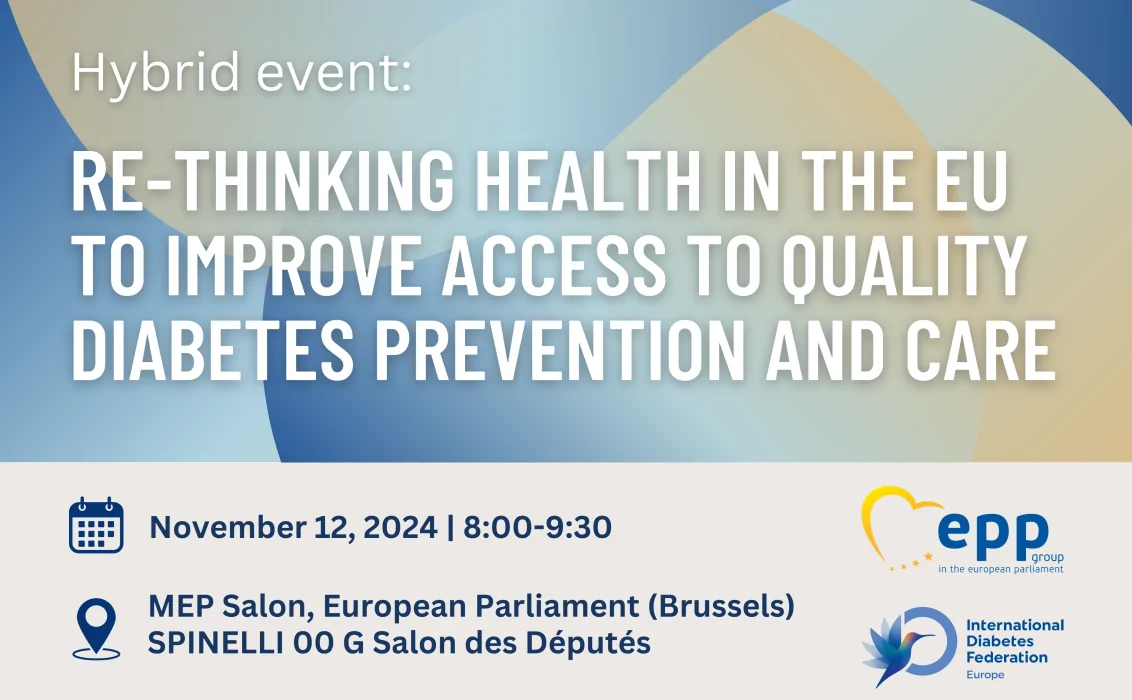On July 1, Spain took over the rotating Presidency of the Council of the European Union (EU) for the next six months. To mark the occasion, the Spanish Prime Minister and the President of the EU Council met on July 2, at the Moncloa Palace to discuss the Presidency’s programme. This defines four main priorities:
- Reindustrialise the EU and ensure its open strategic autonomy
- Advance in the green transition and the environmental adaptation
- Promote greater social and economic justice
- Strengthen European unity
Regarding health, the Spanish government announced in its programme that Spain “will work for a European Health Union, since the COVID-19 pandemic has shown us that we cannot aspire to build an area of prosperity without first guaranteeing the most basic thing: people’s health”. The Spanish Presidency’s actions in the field of health will fall within the framework of two major lines of action: the further development of the European Health Union, which aims to enhance EU cooperation on health security, prevention, innovation and access; and the continuation of the EU4Health programme, which provides opportunities for initiatives that prevent disease, reduce health inequalities and support health systems.
The Presidency will focus on promoting preventive and health-enhancing measures, increasing the capacity of health systems, and creating new strategies for health at the EU level. Spain is also committed to strengthening the bloc’s resilience and preparedness for future health challenges, considering that health is a fundamental right and a key factor for social justice, economic growth and environmental sustainability.
More specifically, the Spanish Presidency has set out some examples of actions that will receive particular attention. The Presidency is committed to addressing the prevention of, and a more effective response to, childhood obesity, and the fight against HIV and stigma, two issues on which Spain has national plans. The Presidency also announced that it wants to tackle the approach to rare diseases and mental health problems.
During a meeting between the former health minister Carolina Darias and the commissioner Stella Kyriakides, the former health minister announced three legislative priorities for the current Presidency: the European Health Data Space Regulation, to advance the development of digital health in Europe; the amendment of the EMA fees regulation, to ensure optimal funding for the work of regulatory agencies; and the SoHO (tissues, cells and blood) regulation to guarantee the safety and quality of substances of human origin.
We welcome the Spanish Presidency’s programme that reflects some of the most pressing challenges health systems and people face today, and also fully support the continuation of the EU4Health Programme.
We regret the broader lack of attention to NCDs and in particular diabetes, which represent one of the main health challenges our populations have to face. Acting on diabetes early means reducing the number of people living with a number of NCDs and life-altering health complications, thereby bolstering the resilience of our healthcare systems. We call on the Spanish presidency to take into account the complexity of diabetes and consider diabetes as a marker of healthcare resilience and performance, and promote the development of European strategies in the field of NCDs and diabetes specifically.



